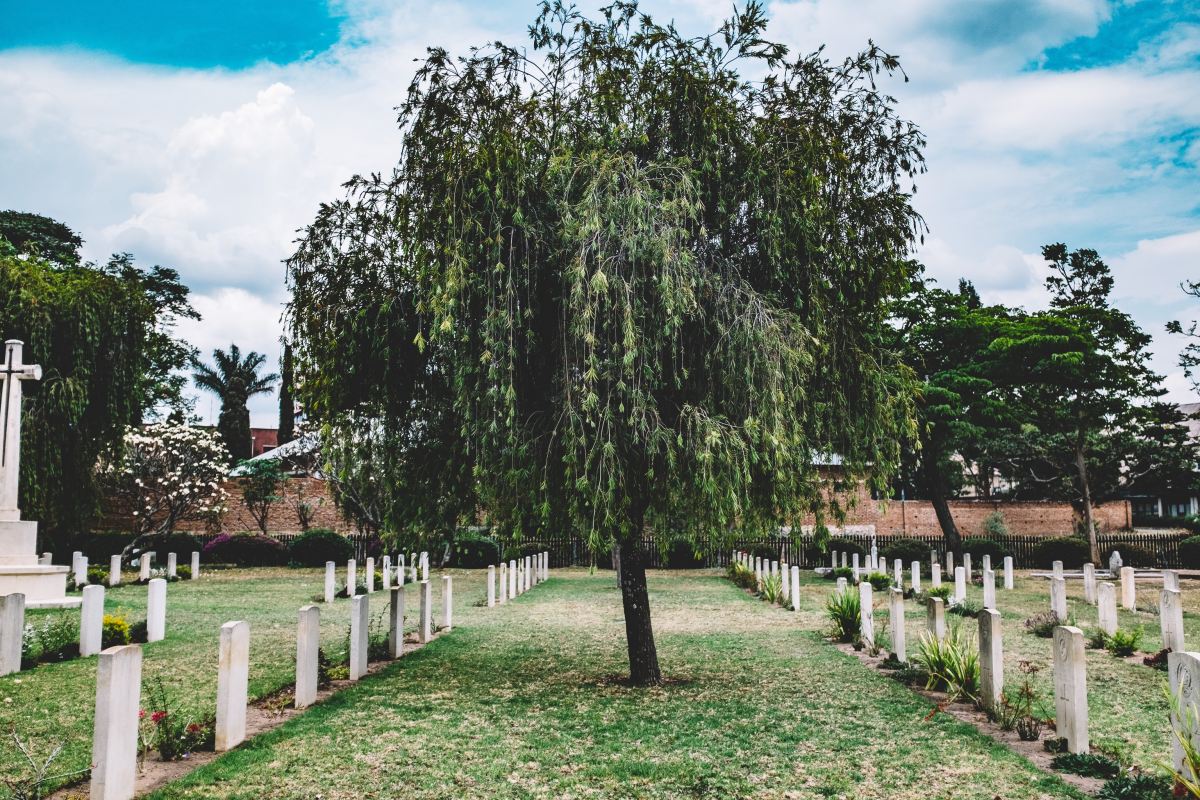A new alternative method of human remains disposal allows the deceased to become one with the earth without going six feet under.
Washington is now the first state to approve human composting, or “recomposition,” as an alternative to burial or cremation, AP reported.
The new legislation, signed by Governor Jay Inslee on Tuesday, will allow licensed facilities in the state to provide the service, in which human remains are mixed with other substances including straw and wood chips to create soil. According to the outlet, one body equals about two wheelbarrows’ worth of soil.
The process, dubbed “natural organic reduction,” offers an environmentally-friendly alternative to existing methods of human remains disposal. Unlike cremation, which releases harmful carbon dioxide and particulates into the air, and burial, which leaves groundwater vulnerable to pollution from embalming chemicals, composting presents a green method that can be used to give back to the earth. Loved ones can spread the soil like they would ashes, or use it to plant trees or gardens.
Senator Jamie Pedersen, who sponsored the measure, credits his neighbor, Katrina Spade, with the idea for human composting. Spade, a graduate student at UMass Amherst, developed the process of using wood chips, straw, alfalfa, and a mixture of nitrogen and carbon to accelerate decomposition of a body in a temperature and moisture-controlled environment.
Spade has since launched Recompose, a company that hopes to bring the process to the public. According to the company’s website, Recompose hopes to eventually build an atrium-like facility where loved ones can visit the deceased during the composting process, which spans several weeks.
The law permitting human composting will go into effect in May 2020, and also authorizes alkaline hydrolysis, another alternative method using heat, pressure, water and chemicals like lye to dispose of human remains.
Editor’s Note: RealClearLife, a news and lifestyle publisher, is now a part of InsideHook. Together, we’ll be covering current events, pop culture, sports, travel, health and the world.
Thanks for reading InsideHook. Sign up for our daily newsletter and be in the know.



















